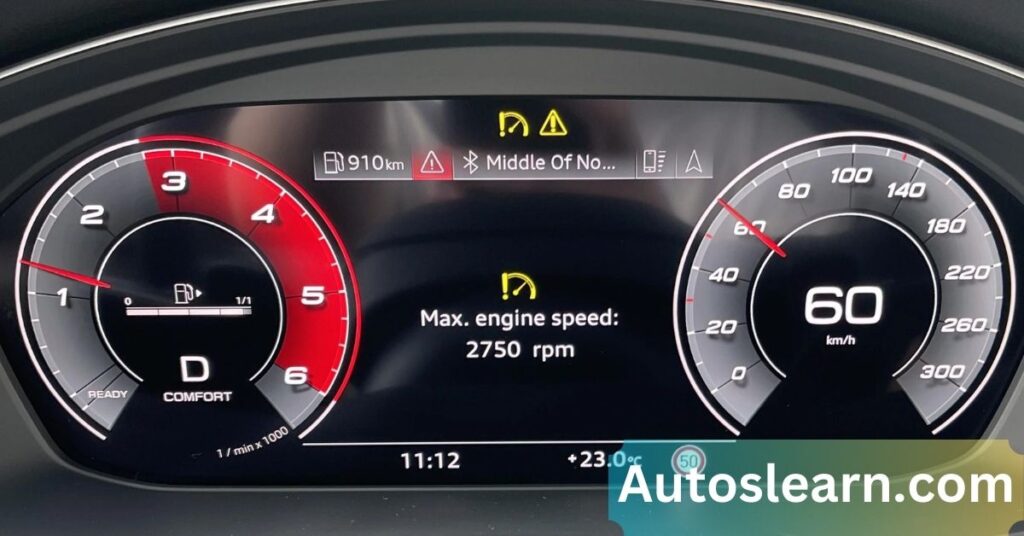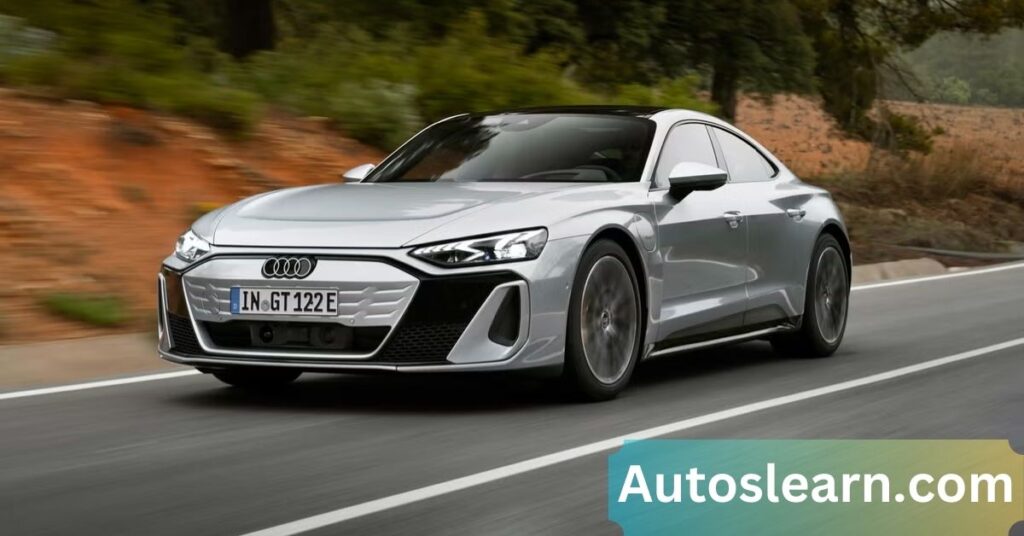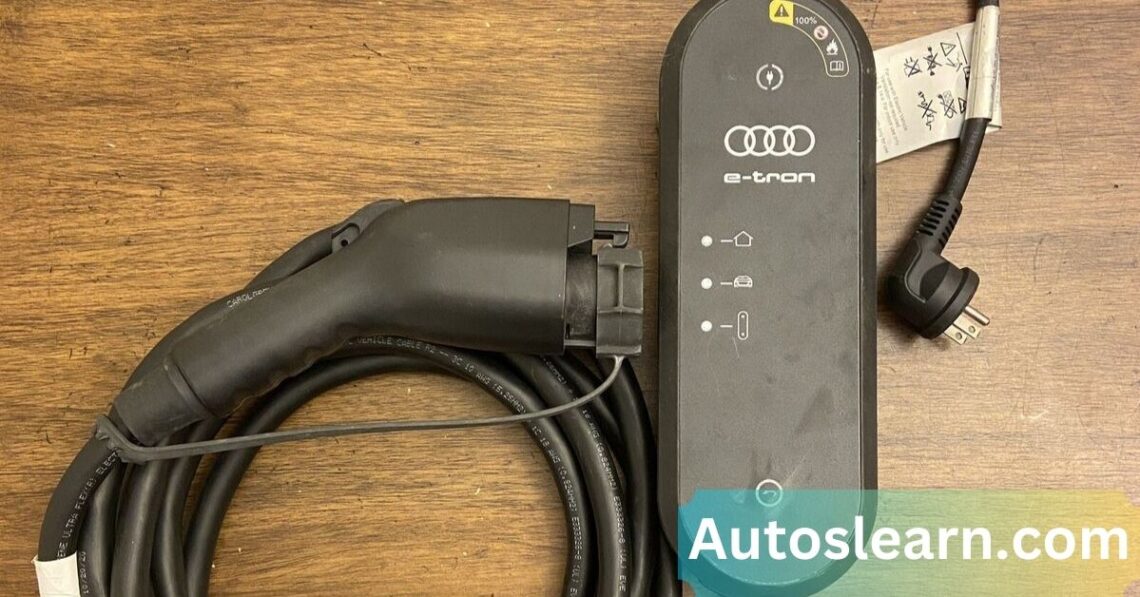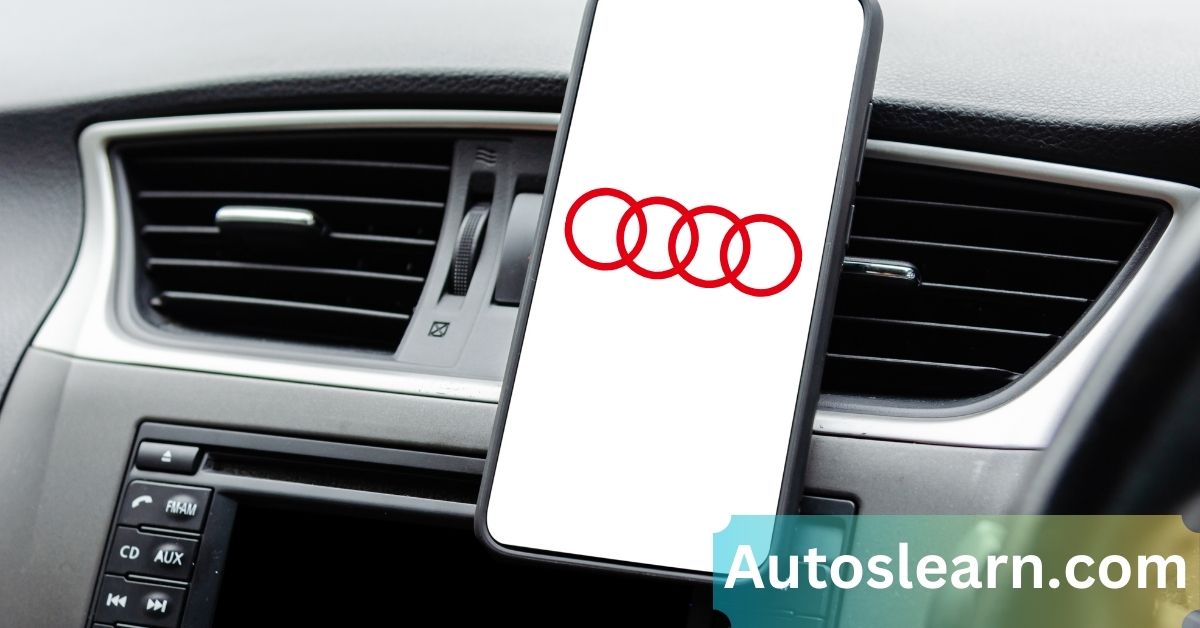If your Audi EV or plug-in hybrid is charging slower than usual—or you’ve been told your new charging cord is delayed—you’re not alone. A growing number of Audi owners across the U.S. and Europe are experiencing the same issue, and it all points back to one root cause: a significant recall of Audi’s 220V/240V portable charging cable.
This Recall announced between late 2023 and early 2024, has disrupted fast home charging for thousands of drivers, forcing many to rely on slower charging methods or public stations. But why was the cable recalled in the first place? And what can you do in the meantime?
In this blog, we’ll break down the core issue behind the delay, explain which vehicles are affected, and help you understand how to stay safe while waiting for a solution.
The Core Issue-Audi Charging Cord Recall:
A Major Recall to Protect Your Home—and Your Car:
In the final months of 2023 and early 2024, Audi and Porsche issued a joint recall that affected more than 130,000 electric and plug-in hybrid vehicles. The focus wasn’t on the cars but a widely used accessory: the 40-amp, 220V/240V portable charging cable, sometimes called an “industrial” charger.
This specific charging cord, typically paired with NEMA 14-50 wall outlets, was found to pose a significant fire hazard under certain conditions. Audi reports that the issue arose when the high-powered cable was plugged into home outlets or circuits that weren’t adequately equipped to handle the sustained current. Due to the strain, the outlet could sometimes overheat, melt, or even catch fire.
Audi’s internal investigations uncovered enough concerning incidents that the automaker acted quickly, issuing recall campaigns 93U6 and 93U8 to halt the use of the high-voltage cable. They instructed owners to switch to the slower but safer 110V charging cable immediately or to rely on public charging stations until a redesigned cable with improved safety features (including a built-in temperature sensor) becomes available.
This proactive move was rooted in safety—but it came at the cost of charging speed and convenience for many Audi owners.
Safety Over Speed-Why Audi Issued the Warning:

While fast home charging is a significant selling point for EVs, Audi chose to hit the brakes—for good reason. The decision to recall the 220V/240V portable charging cables wasn’t made lightly. It was a response to multiple overheating incidents involving using high-amperage cords with standard home electrical setups.
The issue? Not every household has high-quality wiring or robust enough circuit breakers to handle the 40-amp load safely. When used with a NEMA 14-50 outlet, the cable draws significant current over long periods, which can cause sockets to overheat, deform, or even melt, particularly in older homes or installations not up to code.
To eliminate this risk, Audi issued a clear directive to EV and PHEV owners: stop using the 220V/240V charging cable immediately, regardless of any issues. Instead, owners were told to fall back on the slower, more universally compatible 110V charging option or use public charging stations until safer cables were rolled out.
A key feature of the upcoming replacement cables is a built-in temperature sensor, designed to monitor the connection point and automatically reduce or shut off power if overheating is detected. This sensor will serve as a critical safeguard, helping prevent damage to the cable and the home’s electrical system without sacrificing the long-term benefits of faster charging.
Also Read: How To Get Audi Key Code-A Detailed Guide
The Wait-Replacement Audi Charging Cord Cable Availability:
So, when can Audi owners expect their new cords? According to the official recall notices and Audi’s statements, the replacement 220V/240V portable charging cables are expected to arrive sometime in mid-2024. That means many owners will be without a proper fast-charging solution for several months.
What’s causing the delay? Manufacturing a new generation of cables with temperature monitoring technology, ensuring compatibility across different models, and distributing them at scale to thousands of owners across regions—all while meeting safety and compliance standards—is no small task. The supply chain for EV components is strained, and this sudden Recall only added to the backlog.
In the meantime, frustration is building. Many owners report that using the 110V “Level 1” charger is painfully slow—sometimes requiring over 40 hours for a full charge, depending on the battery size and charge level. Public charging stations can help bridge the gap, but they aren’t always convenient or accessible, especially for owners living in suburban or rural areas.
Audi has maintained that safety comes first, but for drivers whose daily routines now revolve around limited charging options, the wait feels long—and, for some, a little unfair.
Living With the Delay Audi New Cord Charging-Real World Impact:
For many Audi EVs and plug-in hybrid owners, the shift from a 220V/240V fast charger to a standard 110V Level 1 charger has been more than a minor inconvenience—it’s changed the way they live and drive.
Let’s break it down: charging with a 110V outlet can take up to 48 hours to reach a full battery, depending on your vehicle model and how low the battery is when you plug in. What once took 6–10 hours overnight now spans multiple days, leaving many drivers struggling to keep up with their usual commute or driving habits.
This has led to increased reliance on public charging stations, which comes with its challenges:
- Cost: Public chargers often aren’t free. Depending on the provider and location, costs can add up quickly—especially if you charge multiple times a week.
- Availability: Not all areas have a robust charging network. In rural or suburban regions, you might have to drive 15+ miles just to top up.
- Time: Even with DC fast chargers, wait times can stretch during peak hours. And if you’re stuck behind someone already charging your quick pit stop might turn into a 45-minute ordeal.
This new routine feels like a step backwards for Audi owners who are used to the ease of overnight charging at home. Many report rearranging work schedules, planning weekend trips around charging stops, or avoiding longer drives altogether.
In short, convenience has taken a hit, and it’s a reminder of just how crucial reliable, fast home charging is to the EV ownership experience.
What Audi Owners Can Do Right Now:

Until the new 220V/240V charging cords roll out, Audi owners still have options—and responsibilities—to stay safe and mobile. Here’s what you can do right now:
1. Follow Audi’s Official Guidance:
- Only use the 110V charger that came with your vehicle.
- Do not use the recalled 220V/240V cable, even if it hasn’t caused problems yet.
- Opt for public charging stations if you need faster charging or long distances to travel.
2. Practice Smart Charging Safety:
Even with the 110V cable, it pays to be cautious:
- Check the temperature of the plug and wall outlet during charging. If it feels hot to the touch, unplug it immediately.
- Don’t use extension cords or adapters—plug directly into a grounded outlet.
- Avoid overnight charging if the outlet is old, loose, or not rated for continuous use.
3. Contact Your Audi Dealer:
Call or visit your local Audi dealership and ask about:
- Recall campaign numbers 93U6 and 93U8.
- Whether your vehicle qualifies for a replacement cable.
- Estimated delivery dates or temporary support options available.
4. Bookmark Audi’s Recall Page:
Audi has set up dedicated pages for recall updates, including FAQs and status updates. Bookmark these and check back every few weeks for news on:
- Replacement cable availability.
- Shipping timelines.
- Service appointment booking.
Audi USA Recall Lookup:
Staying informed will help you avoid unnecessary stress—and ensure you’re ready when the safer, faster cables arrive.
Summary Table: Key Issues and Actions:
| Issue | Cause | Recommended Action | Timeline | Source / Ref. |
| Charging cord recall | Overheating risk with 40-amp 220V/240V cords on NEMA 14-50 outlets | Stop using the recalled cable immediately | Recall began late 2023 | NHTSA Campaign #23V867 |
| Slower home charging | Limited to 110V Level 1 charger due to recall | Charge overnight; manage trips accordingly | Ongoing until mid-2024 | Audi Campaign 93U6 |
| Public charger dependency | No access to 240V charging at home | Use public stations where available; consider workplace charging | Temporary workaround | Audi Owner Communication |
| Replacement cable delay | New design includes temperature sensor for safety | Wait for dealer notification; monitor recall status | Expected mid-2024 | Audi Campaign 93U8 |
Also Read: Audi Connect Not Working?-Here’s How to Fix It
Frequently Asked Questions:
Q1. Is my vehicle affected?
Your vehicle is likely included if you drive an Audi EV or plug-in hybrid (like the e-Tron, Q4 e-tron, or A7 PHEV) and receive a recall notice. You can check by entering your VIN on the Audi recall lookup page.
Q2. Can I still use public fast chargers?
Yes. Public Level 2 and DC fast chargers are not affected by this Recall. Only the portable 220V/240V Audi charging cord used at home is under Recall. You can safely continue using Electrify America, ChargePoint, and similar networks.
Q3. What happens if I ignore the Recall?
Using the recalled cord poses a real fire risk, especially if your outlet or wiring isn’t up to code. Audi and the National Highway Traffic Safety Administration (NHTSA) strongly advise against using the affected cable.
Q4. How will I know when my new cord arrives?
Audi will notify owners by mail and/or through their dealership when the updated cord is available. Ensure your contact information is current in Audi’s system, and consider calling your local dealer for updates.
Conclusion:
The current charging delays aren’t a failure of Audi’s EV technology—they result from a deliberate safety-first move to protect drivers, homes, and property. While the inconvenience is genuine, it’s rooted in responsible decision-making.
The good news? A safer, smarter charging solution is on the way, with a full rollout targeted for mid-2024. Once the new cables arrive, owners will regain the convenience of fast home charging—this time with the confidence that it’s secure and reliable.
Final tip: Regularly contact your dealer and check Audi’s official recall pages. That way, you’ll be first in line when replacements ship—and can return to enjoying the whole EV experience Audi intended.






